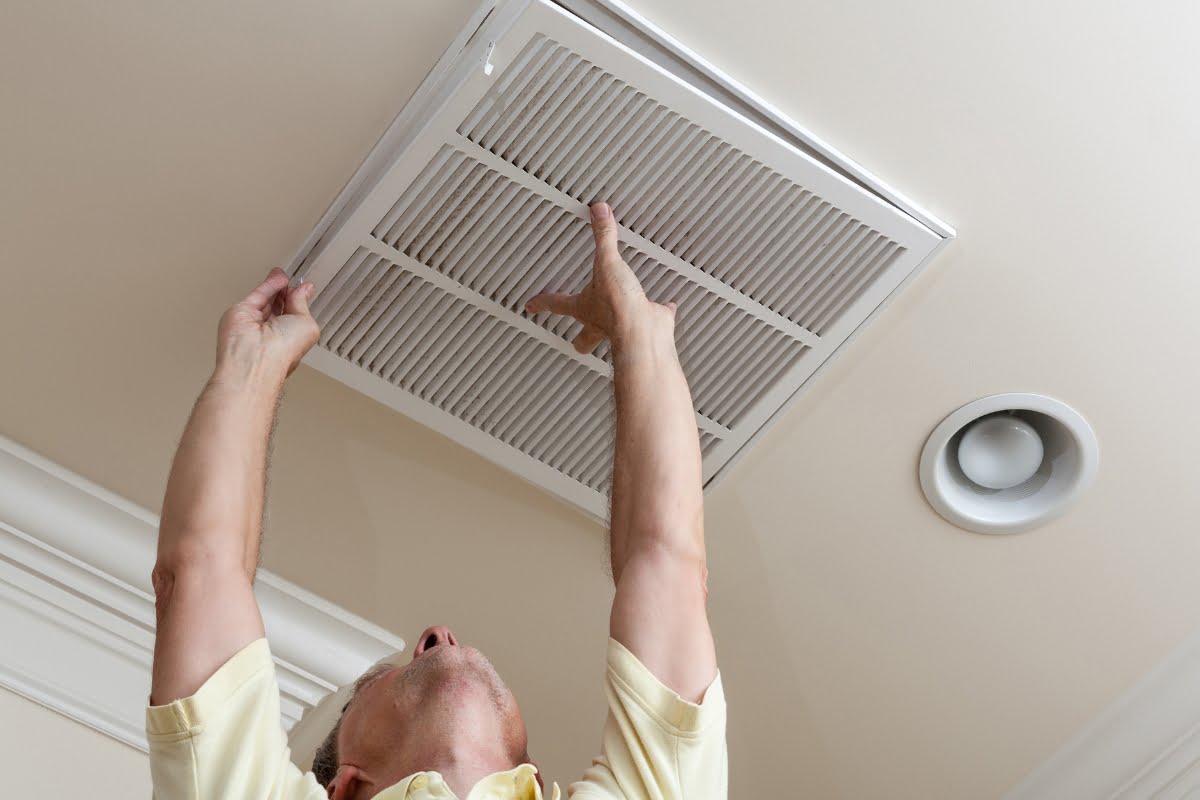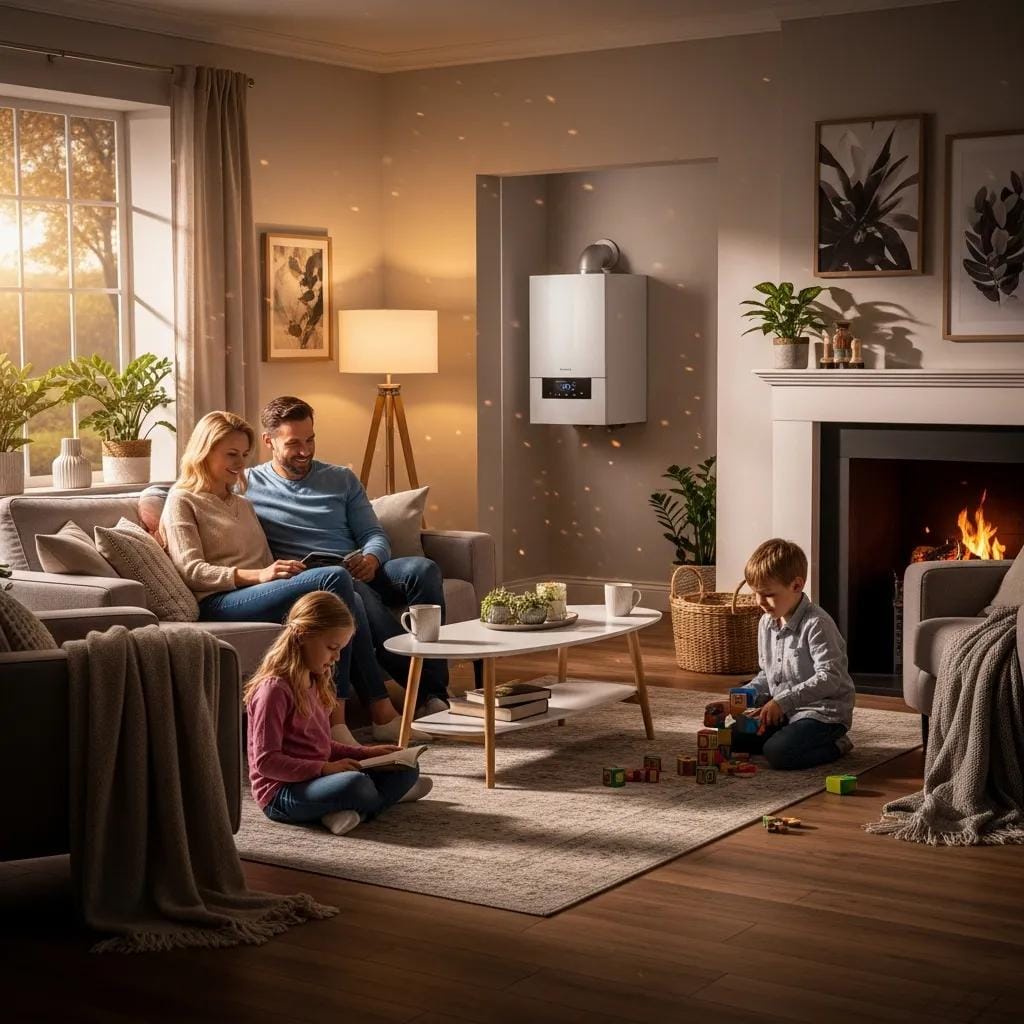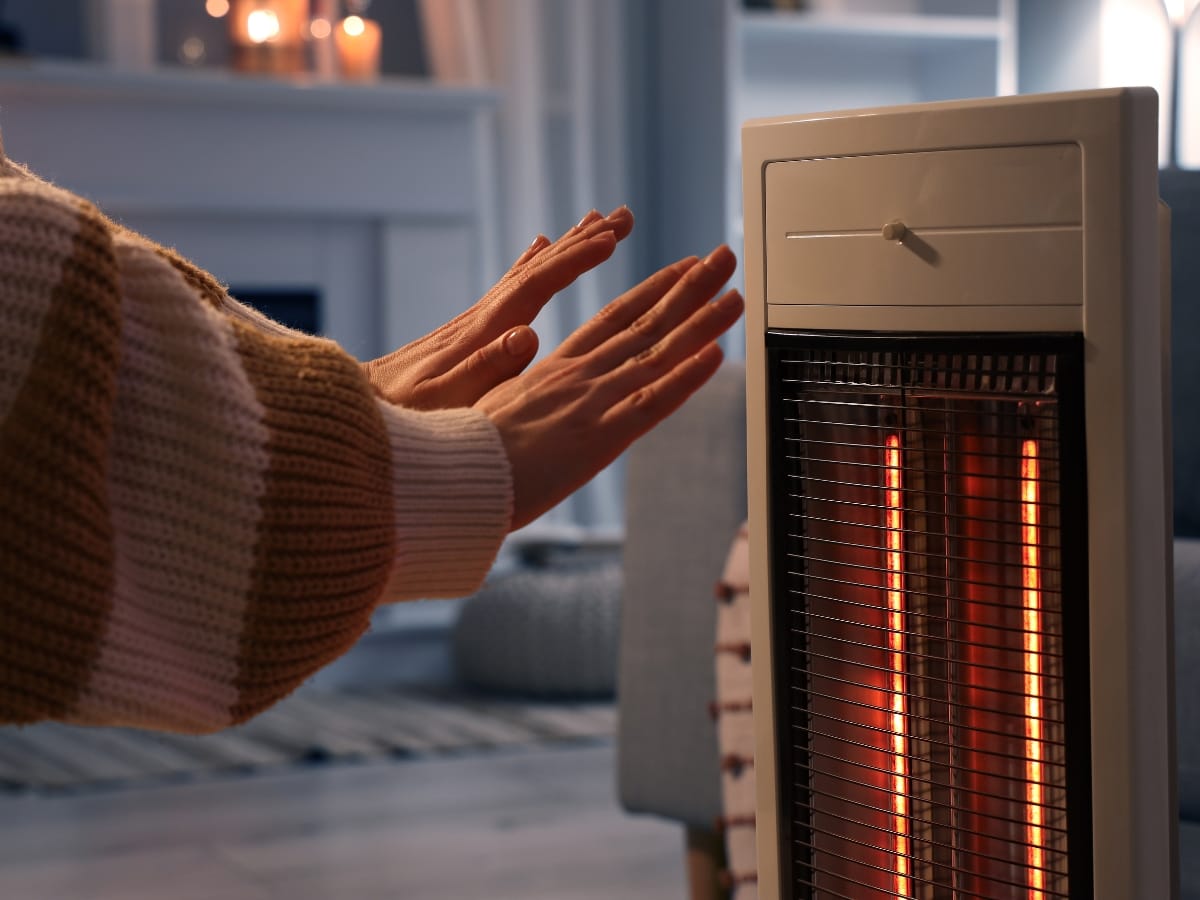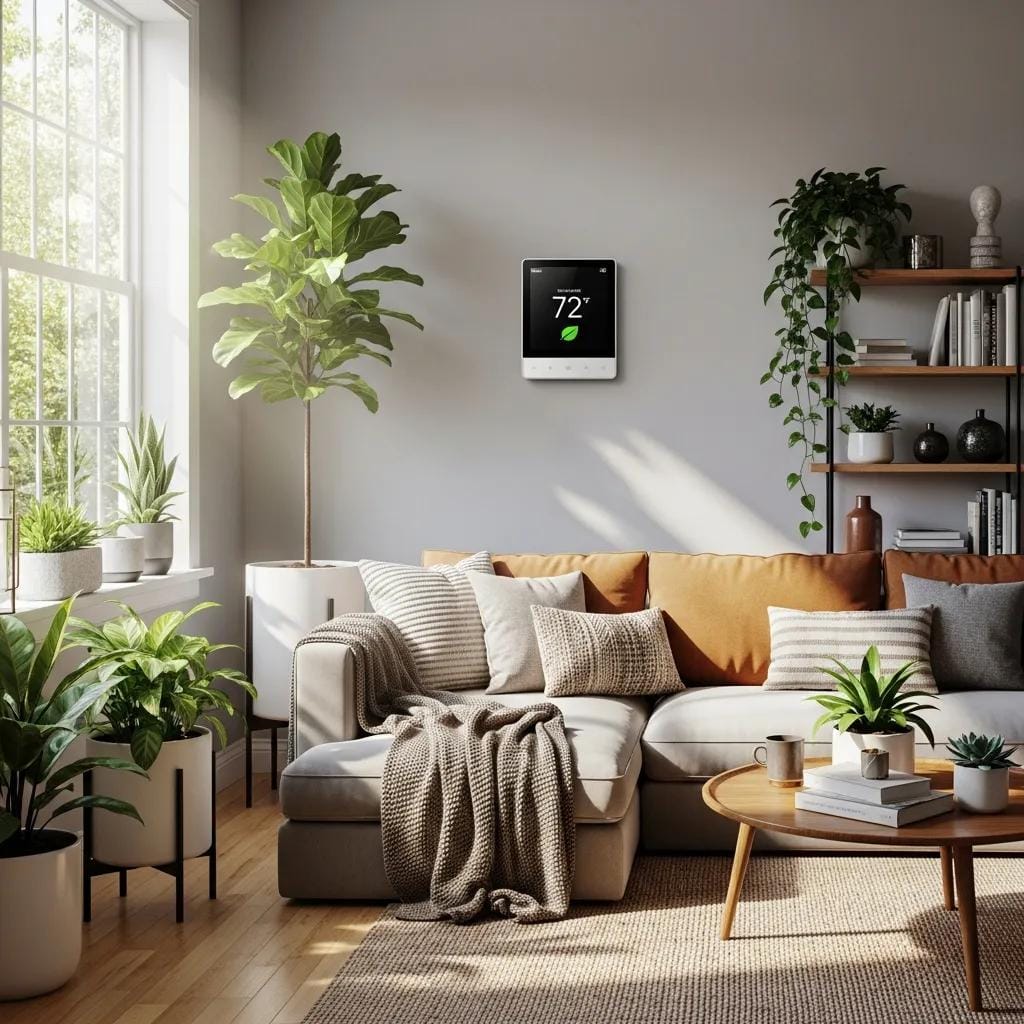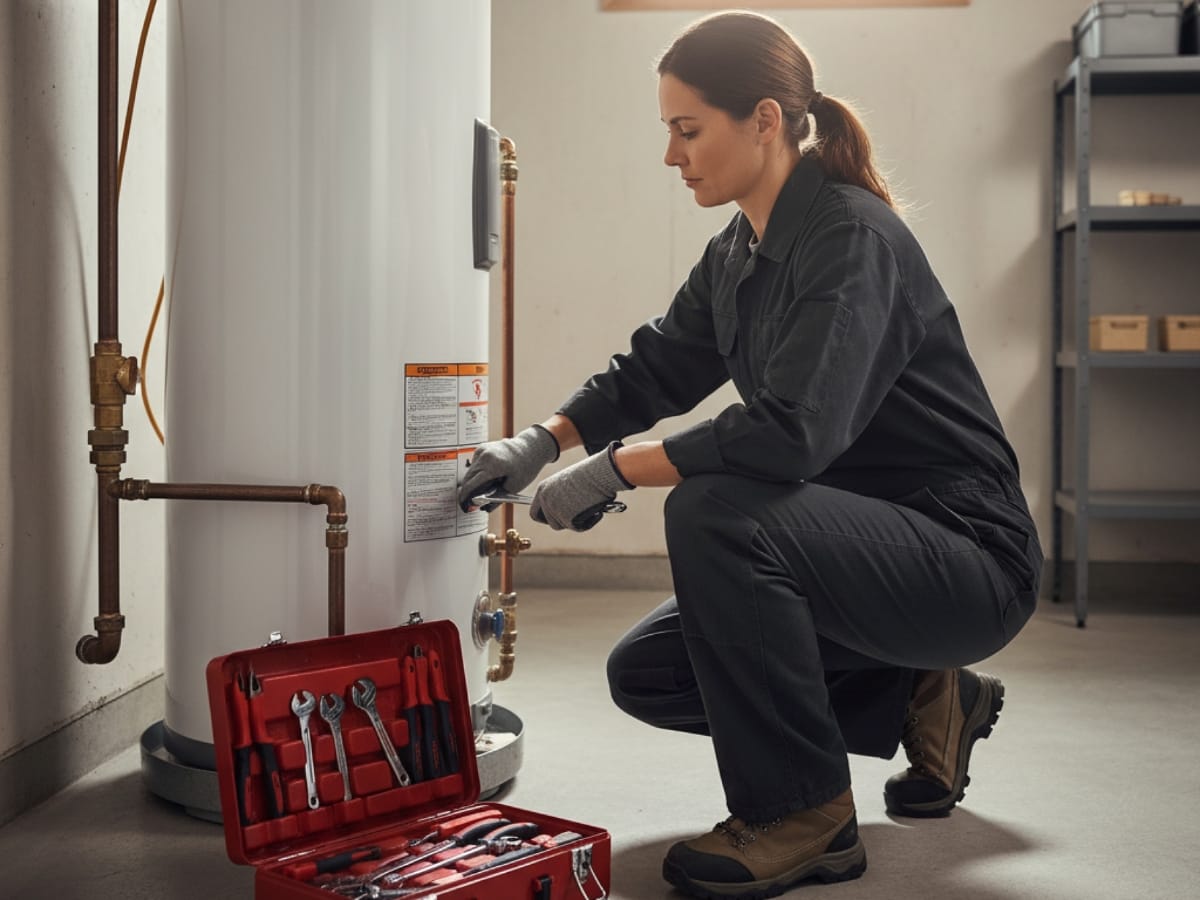Step into your home and take a deep breath. Ah, the sweet smell of… wait, what’s that? Musty, stale air lingering in every corner? If you’re noticing an unpleasant odor or experiencing more frequent allergies and respiratory issues, it might be time to take a closer look at your home air filter.
Neglecting this seemingly insignificant component of your HVAC unit can have far-reaching consequences for both your health and the efficiency of your home. But how can you tell if your air filter needs changing? Well, lucky for you, we’ve compiled a list of seven clear signs you need to change your home air filter for a fresh one.
By recognizing the signs and promptly changing your home air filter, you can create a healthier living environment for you and your loved ones. Trust us; your nose, lungs, and wallet will thank you.
Top 7 Warning Signs Your Home Air Filter Needs Changing
Decreased Airflow from Vents
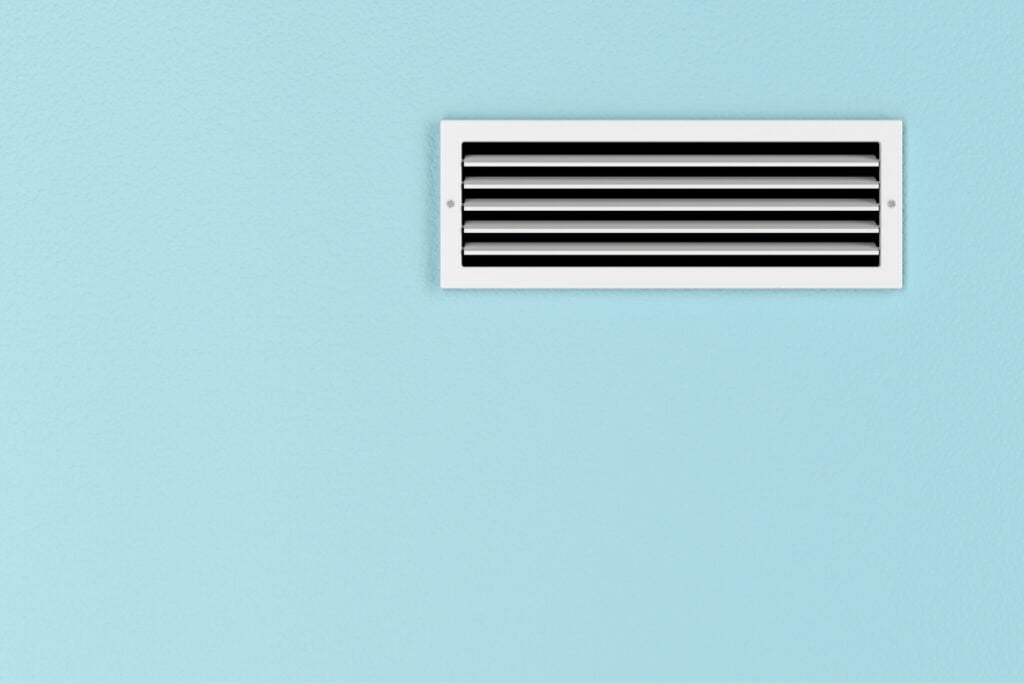
One of the first signs that indicate the need to change your home air filter is decreased airflow from vents. When your air filter becomes clogged with dirt, dust, and other debris, it can restrict the flow of air through your HVAC system. As a result, you may notice a significant decrease in the amount of air coming out of your vents.
This decreased airflow can have several negative effects on your home’s comfort and indoor air quality. Firstly, it can make it more difficult for your HVAC system to effectively heat or cool your home. With restricted airflow, your system has to work harder to reach and maintain your desired temperature, leading to reduced efficiency and increased energy consumption.
Secondly, decreased airflow can result in uneven temperature distribution throughout your home. Certain rooms or areas may feel noticeably warmer or cooler than others, making it challenging to achieve consistent comfort levels. This can be especially problematic during extreme weather conditions when you rely on your HVAC system to keep your home comfortable.
Additionally, reduced airflow can impact the overall air quality in your home. When your air filter becomes clogged, it becomes less effective at capturing and trapping airborne particles such as dust, pollen, pet dander, and mold spores. These particles can then circulate freely throughout your home, potentially triggering allergies and respiratory issues in susceptible individuals.
Inconsistent Temperatures Throughout the Home
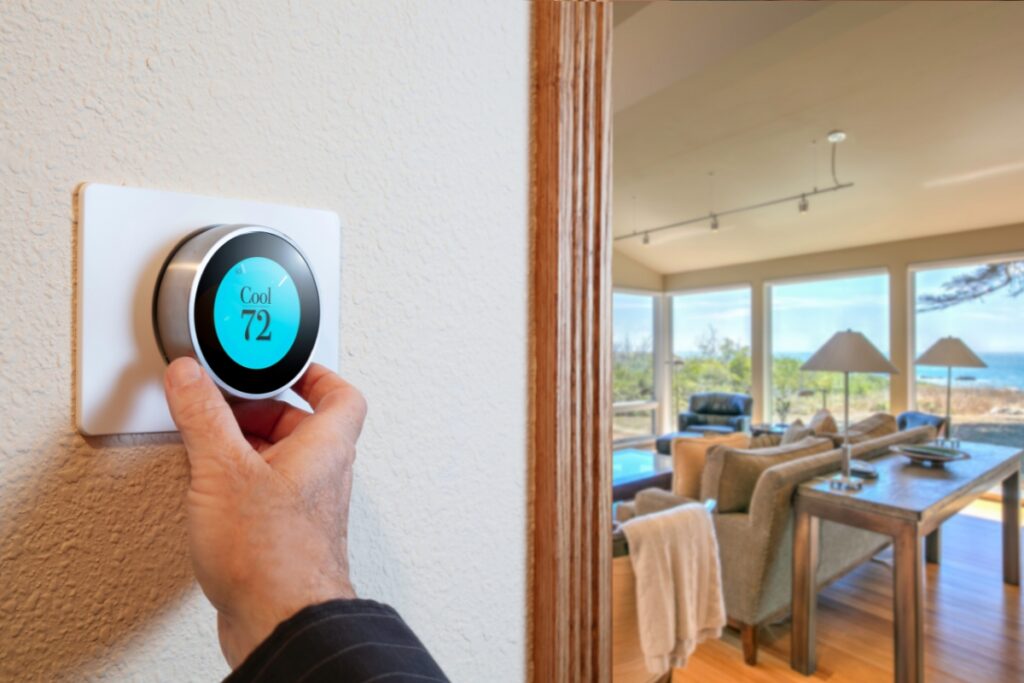
One of the clear signs that indicate you need to change your home air filter is inconsistent temperatures throughout the home. When your air filter becomes clogged and dirty, it can restrict the airflow in your HVAC system. This restriction can lead to uneven distribution of heated or cooled air, resulting in inconsistent temperatures in different areas of your home.
You may notice that some rooms are warmer or cooler than others, even when the thermostat is set to the same temperature. This temperature variation can be frustrating and uncomfortable, as it prevents you from achieving the desired level of comfort throughout your living space.
In addition to inconsistent temperatures, you may also experience poor air circulation in certain areas. Rooms farther away from the HVAC system or those located on upper floors may receive less airflow due to a clogged air filter. This can create hot or cold spots, making it difficult to maintain a consistent and comfortable indoor environment.
Increased Energy Consumption
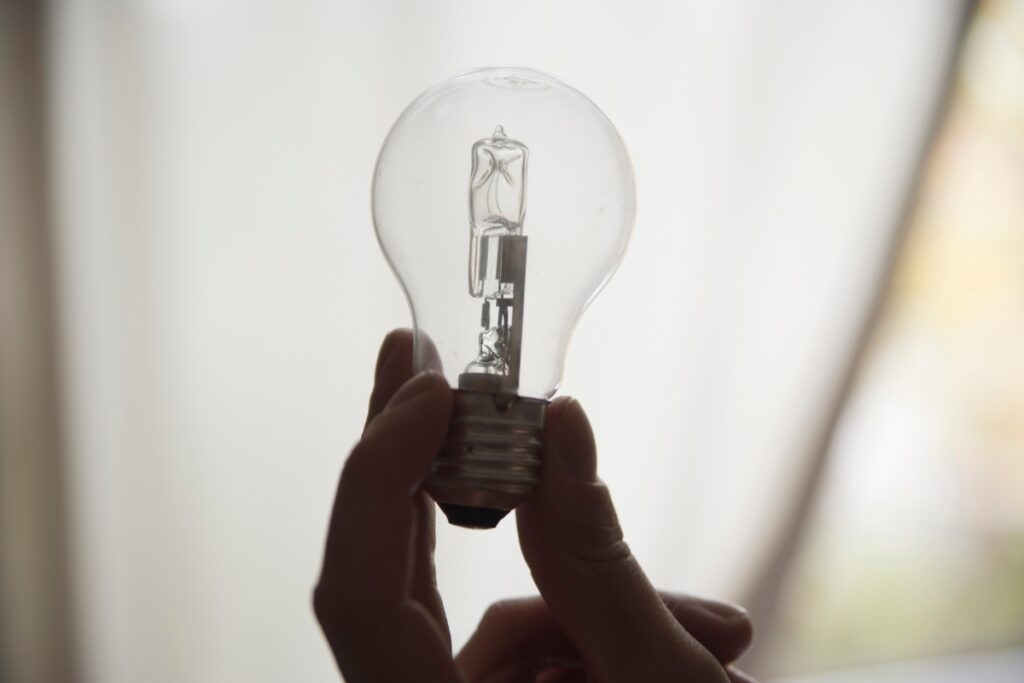
A dirty or clogged air filter restricts the airflow in your HVAC system, causing it to work harder to maintain the desired temperature. As a result, your energy consumption goes up.
When the air filter becomes dirty, it can no longer effectively trap dust, dirt, and other particles. As a result, these contaminants circulate inside your home, reducing the air quality and making it harder for your HVAC system to operate efficiently. This leads to increased energy consumption as the system struggles to maintain the desired temperature.
A clogged air filter also puts additional strain on your HVAC equipment, causing it to wear out faster and potentially leading to costly repairs or even system failure. By regularly changing your air filter, you can prevent these issues and keep your energy consumption in check.
Higher Utility Bills
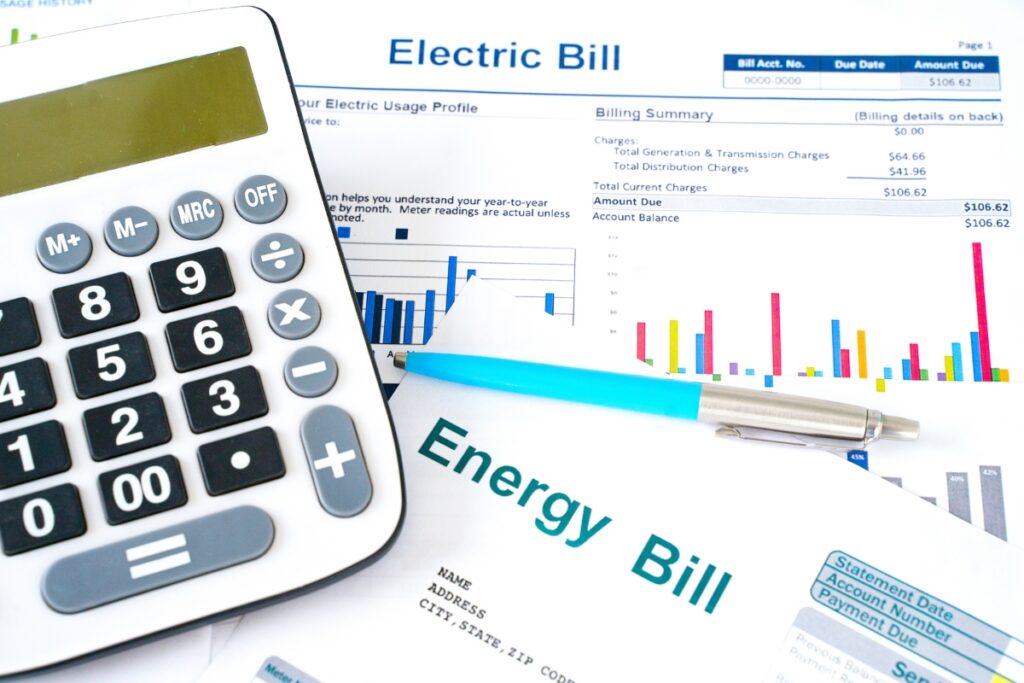
Higher utility bills can be a clear sign that you need to change your home air filter. When your air filter becomes clogged with dirt and dust, these can seriously restrict the airflow circulation in your HVAC system.
As a result, your system has to work harder to push air through the filter, leading to a higher energy consumption rate. This increase is reflected in higher energy bills.
When your air filter is dirty, it also affects the overall efficiency of your HVAC. A clogged filter can cause your system to run longer and less efficiently, as it struggles to maintain the desired temperature in your home. This continuous running wastes energy and also places unnecessary wear and tear on your system. This can lead to potential breakdowns and costly repairs.
By regularly changing your home air filter, you can ensure that your HVAC system operates at its optimal efficiency. A clean air filter allows for better airflow, improving the overall performance of your system.
Potential HVAC Unit Damage
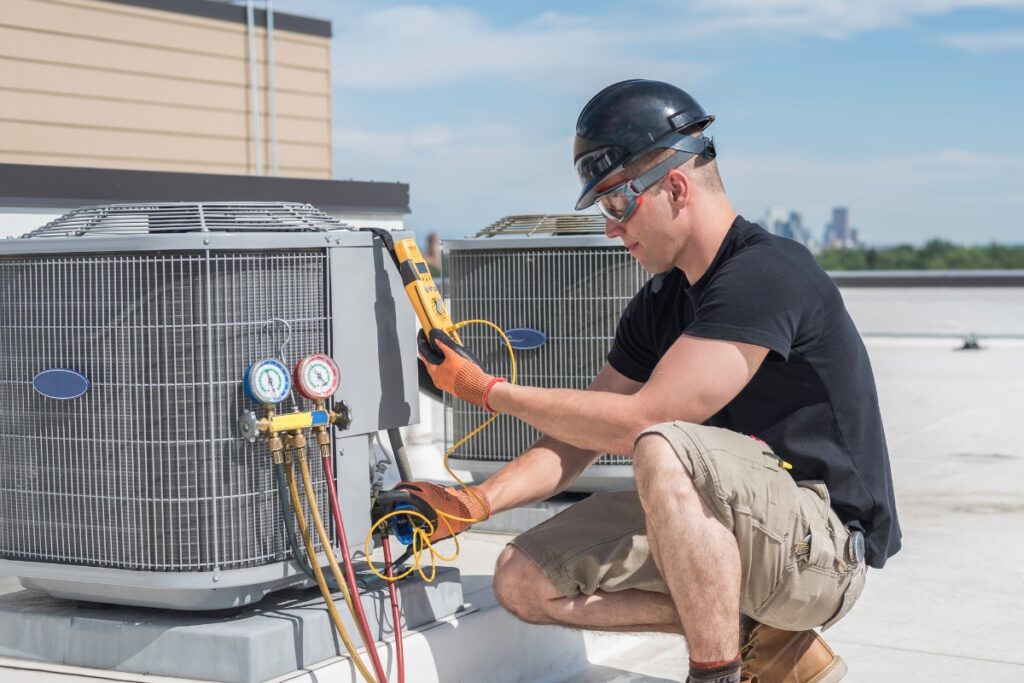
When it comes to maintaining your HVAC unit, it’s important to be aware of potential damage. This is especially crucial when you notice signs indicating that your home air filter needs to be changed.
Ignoring these signs can lead to further damage to your HVAC unit and potentially costly repairs. Let’s explore the fifth sign of potential HVAC unit damage associated with a dirty air filter.
A dirty air filter can cause reduced airflow, which puts additional strain on your HVAC unit. As dust, debris, and dirt accumulate on the filter, it becomes clogged, hindering the air from flowing freely through the system. This decreased airflow forces your HVAC unit to work harder to maintain the desired temperature, leading to potential damage.
One of the clear signs that your air filter needs to be changed is a noticeable decrease in airflow from your vents. You may notice that certain rooms in your home are not receiving adequate air circulation, while others remain comfortable. This imbalance can indicate a clogged air filter, which, if left unaddressed, can cause the HVAC unit to overheat and potentially malfunction.
A malfunctioning HVAC unit can produce strange noises. If you hear unusual sounds like rattling, banging, or squealing, it could be a result of a dirty air filter. The restricted airflow causes the system’s components to work harder, leading to excessive strain and potential damage. Regularly changing your air filter can help prevent these issues and extend your HVAC unit’s lifespan.
In addition to increased energy bills and strange noises, a dirty air filter can also affect your indoor air quality. The HVAC system circulates the air in your home, and a clogged filter can allow pollutants, allergens, and dust to recirculate. This can worsen allergies, cause respiratory problems, and result in an overall decline in indoor air quality.
Allergy Symptoms and Respiratory Issues
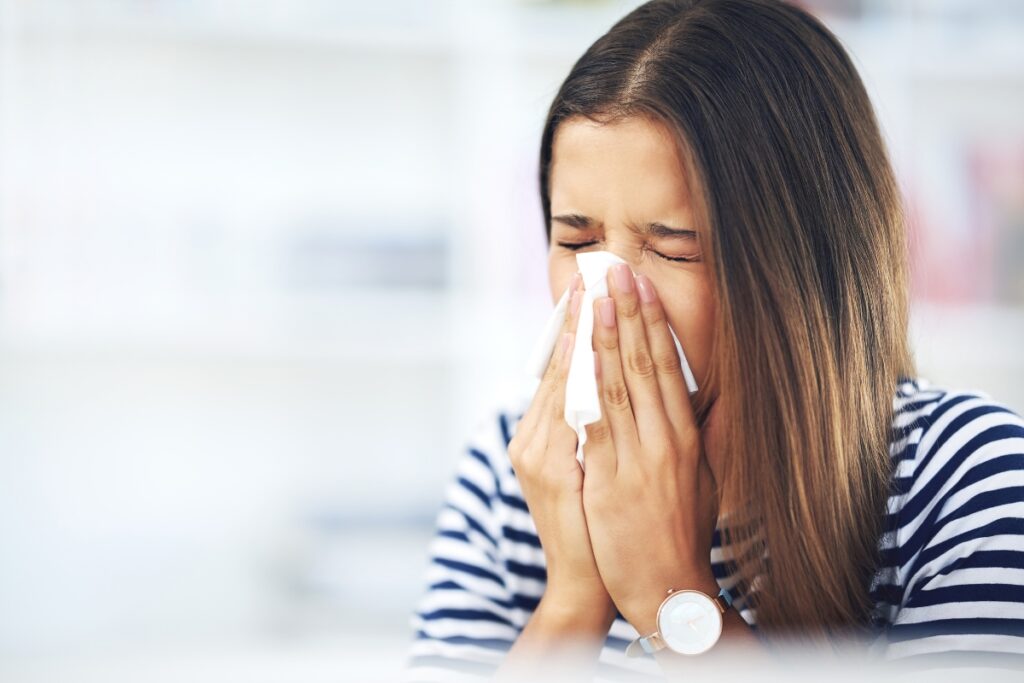
When your air filter becomes dirty and clogged, it fails to effectively remove allergens and irritants from the air. As a result, these particles can move throughout your home, triggering allergies and causing respiratory problems.
Allergy symptoms such as sneezing, coughing, itchy eyes, and a runny nose can be exacerbated by a dirty air filter. The filter is designed to capture dust, pollen, pet dander, and other allergens, preventing them from circulating in your indoor air. However, when the filter is clogged, these particles can bypass the filter and enter your living space, triggering allergic reactions.
Respiratory issues such as asthma attacks or difficulty breathing can also be attributed to a dirty air filter. When the filter is dirty, it restricts the flow of air through your HVAC system. This can lead to poor air quality and reduced oxygen levels, making it harder to breathe, especially for individuals with respiratory conditions.
To prevent allergy symptoms and respiratory issues, it is crucial to regularly change your home air filter. The frequency of filter changes depends on various factors such as the type of filter, the number of occupants in your home, and the presence of pets. Generally, it is recommended to change your air filter every 1 to 3 months.
By maintaining a clean air filter, you can ensure that your indoor air quality remains optimal. This is particularly important for individuals with allergies or respiratory conditions. Regularly changing your air filter not only helps alleviate allergy symptoms and respiratory issues but also improves the overall efficiency and lifespan of your HVAC unit.
Poor Indoor Air Quality
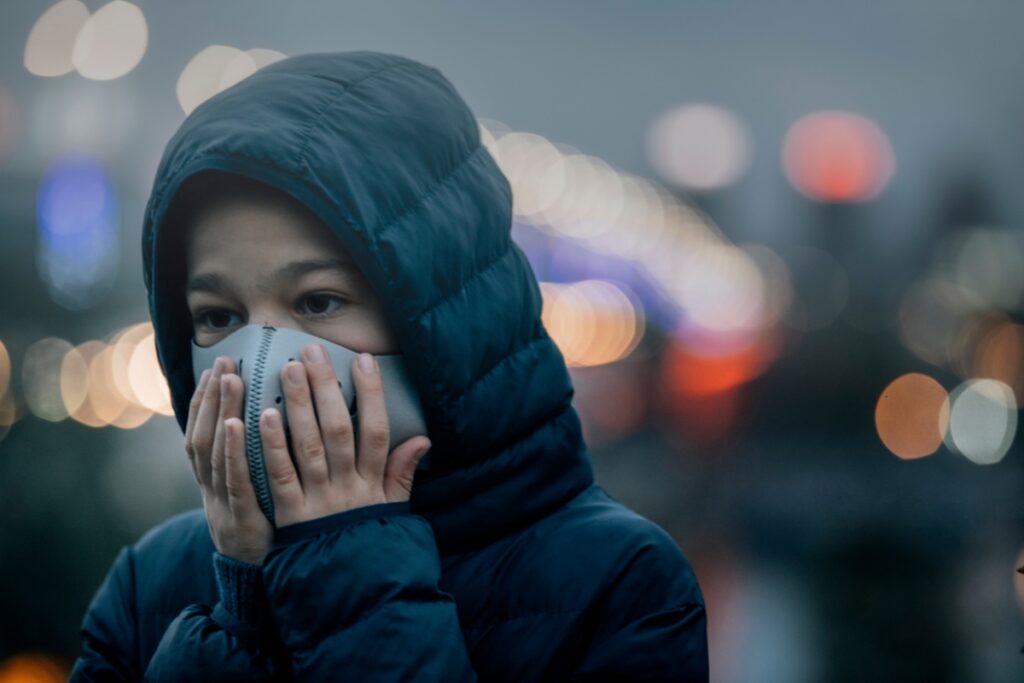
Poor indoor air quality can have a significant impact on our health and well-being. It is crucial to be aware of the signs that indicate when it’s time to change the air filter in our homes.
One of the clear signs that you need to change your home air filter is an increase in allergy symptoms. If it looks like you and your family members are experiencing respiratory health issues more frequently, it could be due to poor indoor air quality.
A clogged air filter can allow allergens such as pollen, dust mites, and pet dander to circulate in your home, triggering allergies and respiratory issues.
Another sign to watch out for is a persistent musty or stale odor in your home. If you notice a lingering smell that doesn’t seem to go away, it could be a result of mold or mildew growth. An old or dirty air filter can contribute to the accumulation of moisture and the growth of these harmful substances, leading to poor indoor air quality and potential health problems.
Conclusion
When it comes to maintaining a healthy and comfortable home environment, one often overlooked aspect is the air quality. Your home’s air filter plays a crucial role in ensuring that the air you breathe is clean and free from pollutants. However, many homeowners are unaware of when it’s time to change their home air filter.
Being aware of the signs that indicate it’s time to change your home air filter is crucial for maintaining a healthy and comfortable living environment. Regularly inspecting and replacing your air filter will not only improve indoor air quality but keep your HVAC system going for a long time.
When it comes to ensuring the air quality in your space, CoolPro Heating and Cooling is your reliable companion. Our team of fully licensed and insured experts excels in the realm of air filtration systems.
Whether you’re grappling with air quality issues, seeking professional installation, or needing maintenance services, we offer a comprehensive range of HVAC solutions that provide optimal value for your investment.
Request a free estimate or reach out to us at 770-694-6232 to explore how our experts can enhance your indoor air quality today. Settle for nothing but excellence when it comes to your air filtration needs – choose CoolPro Heating and Cooling.

